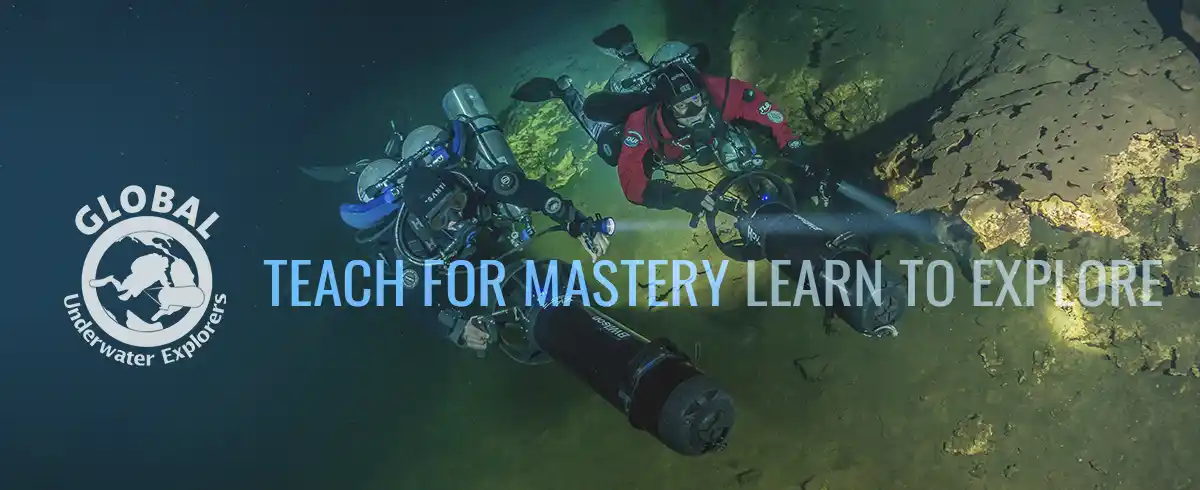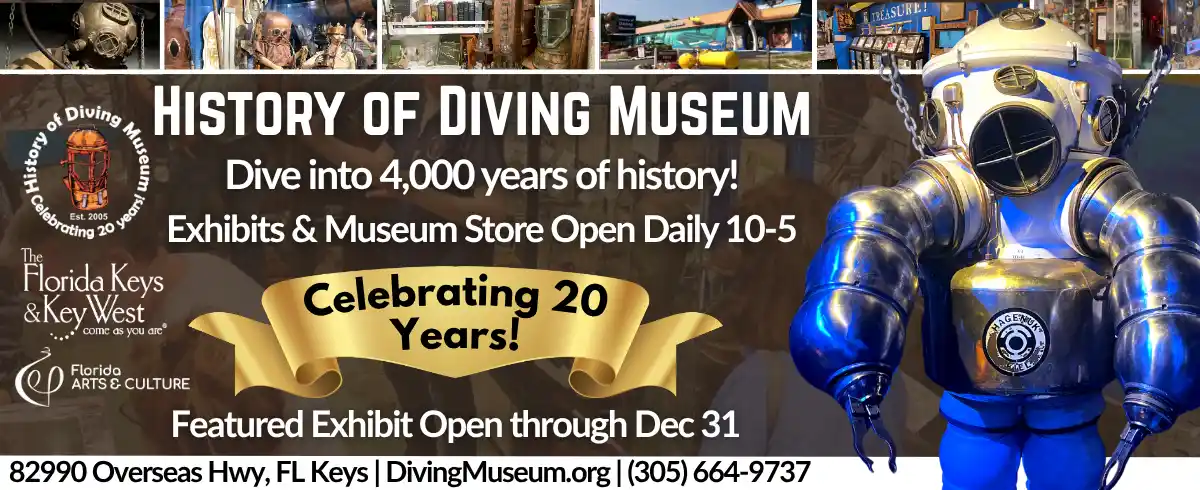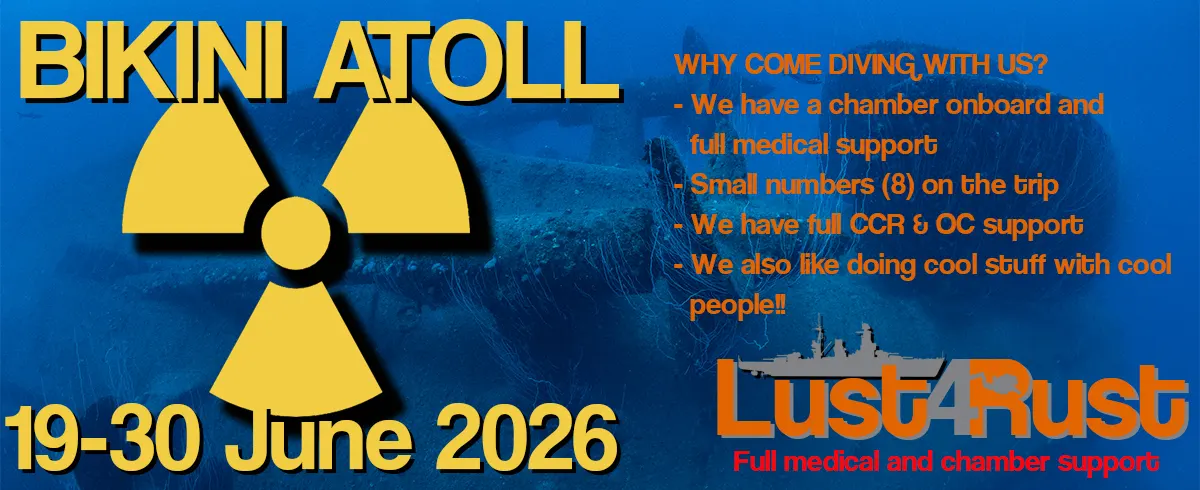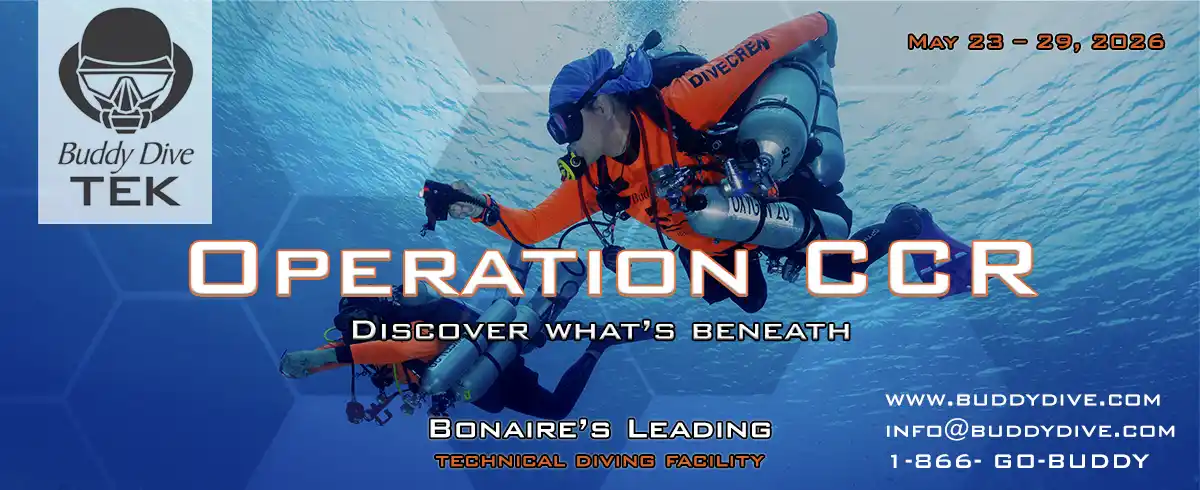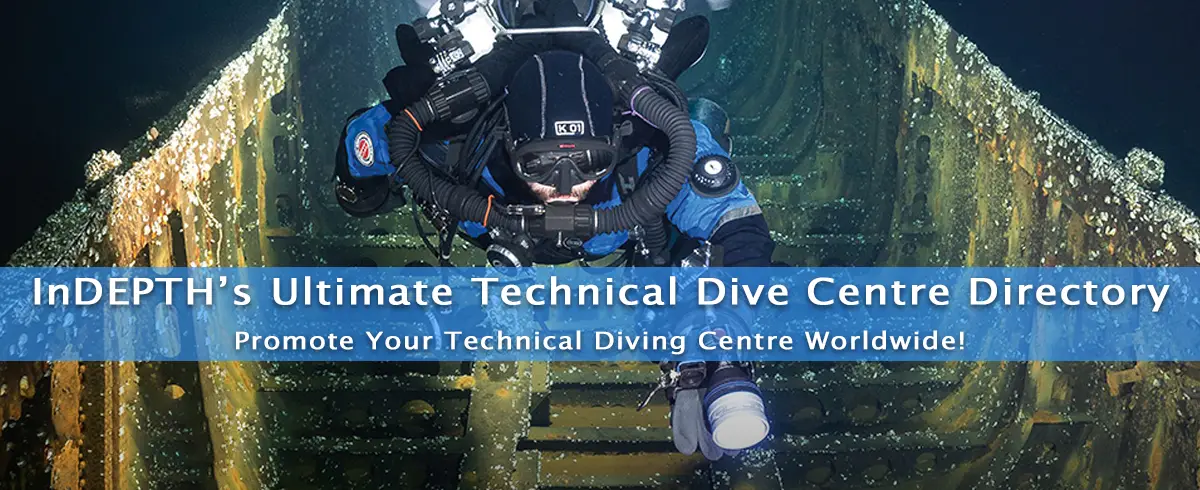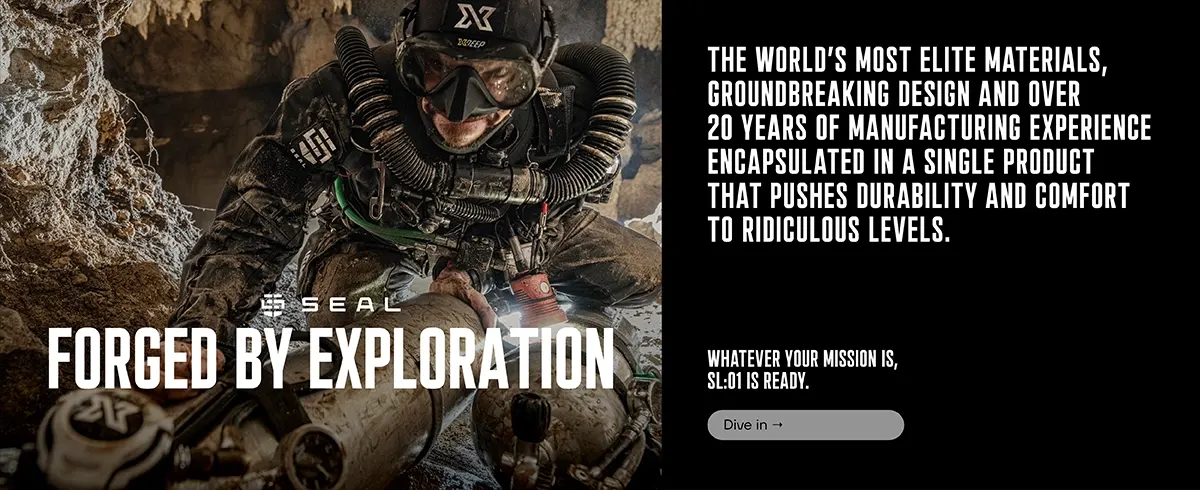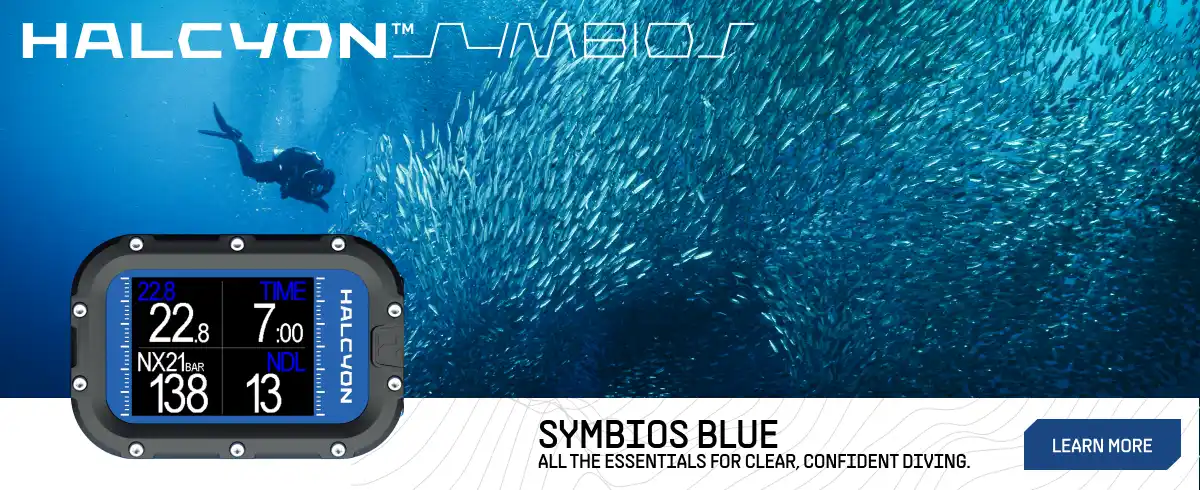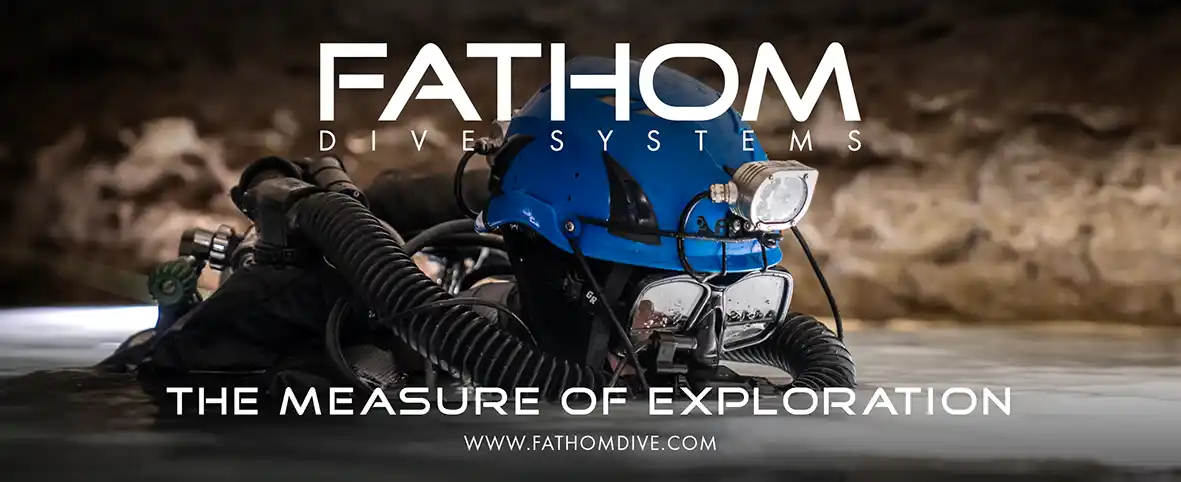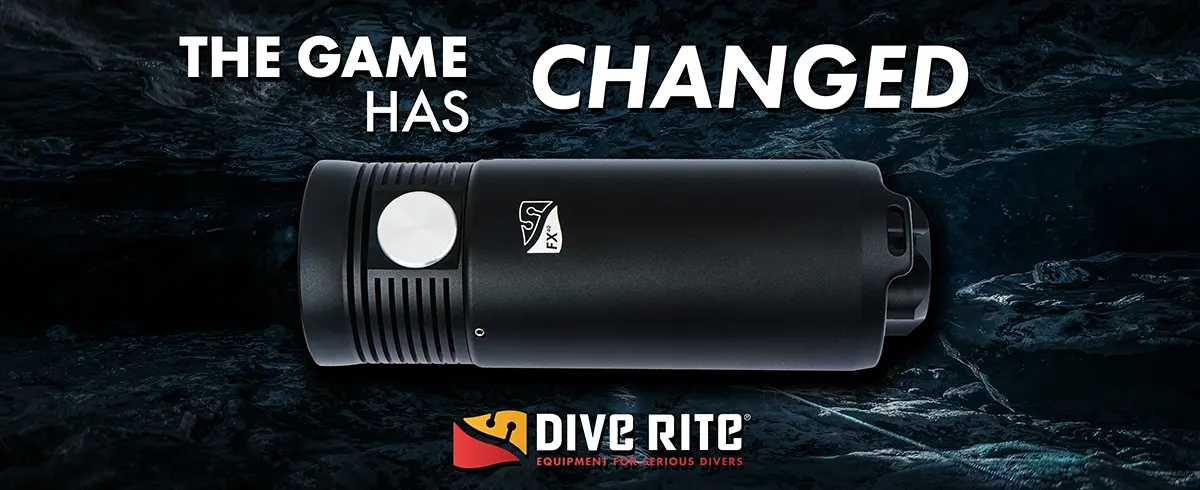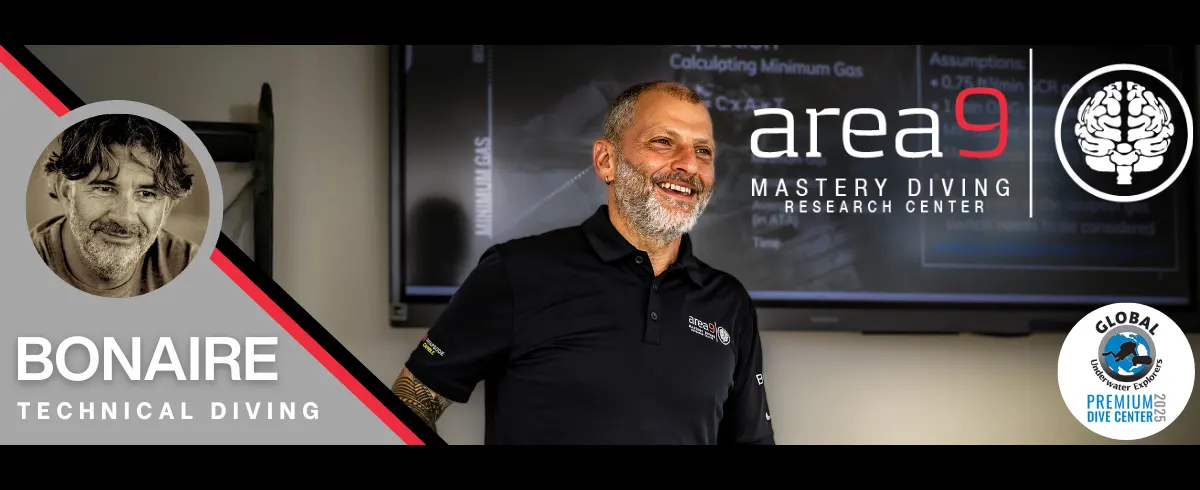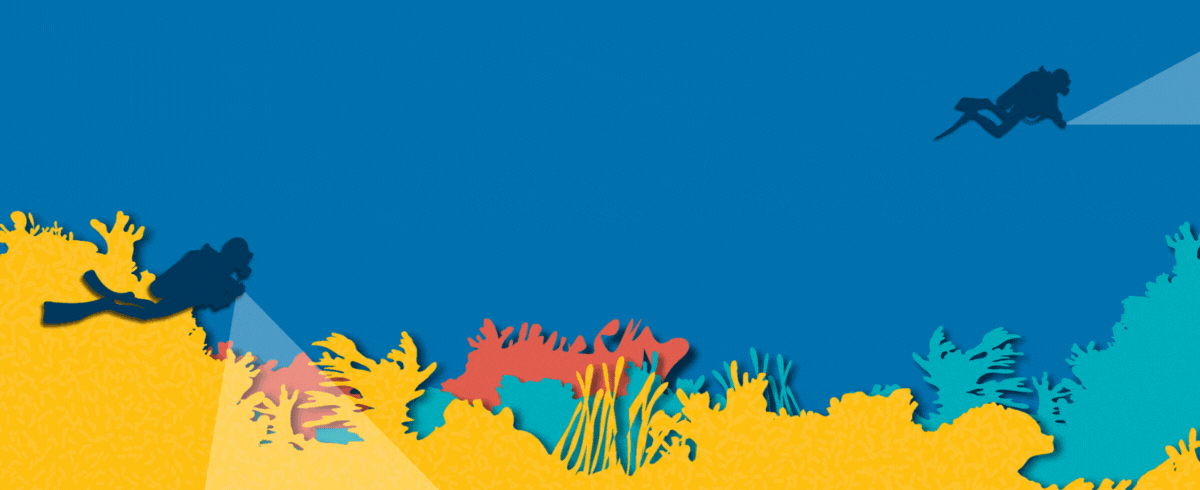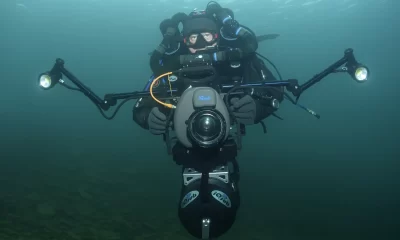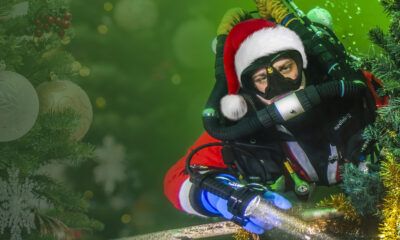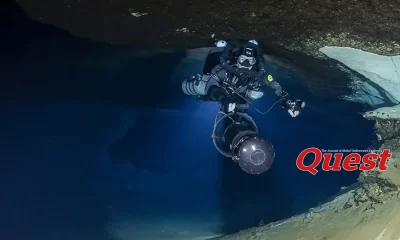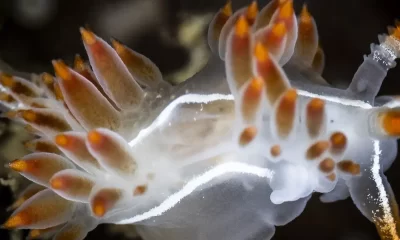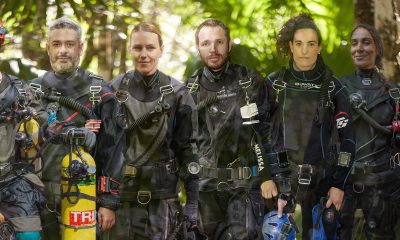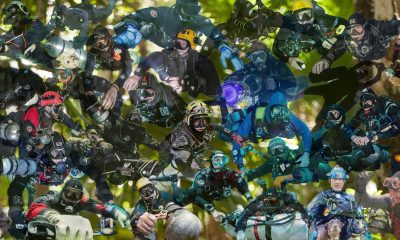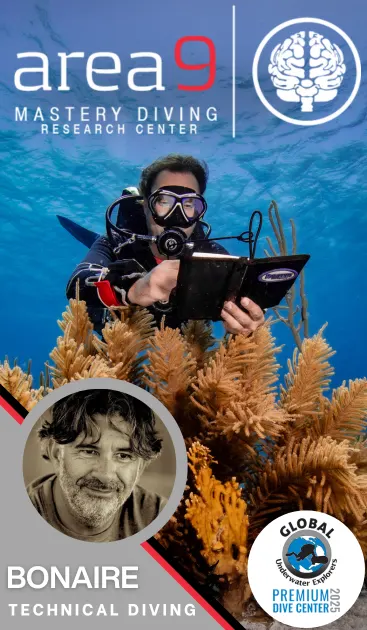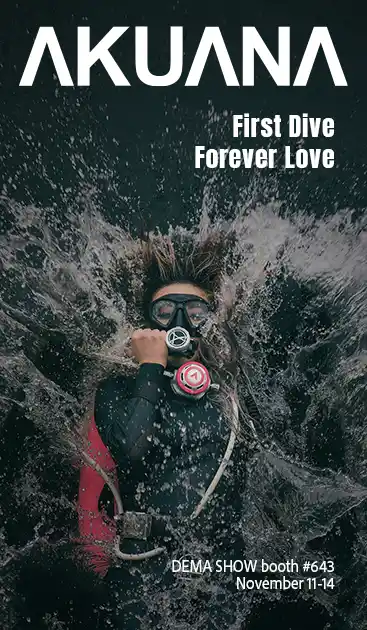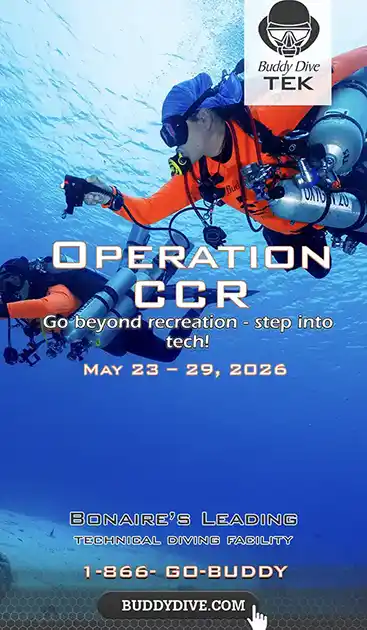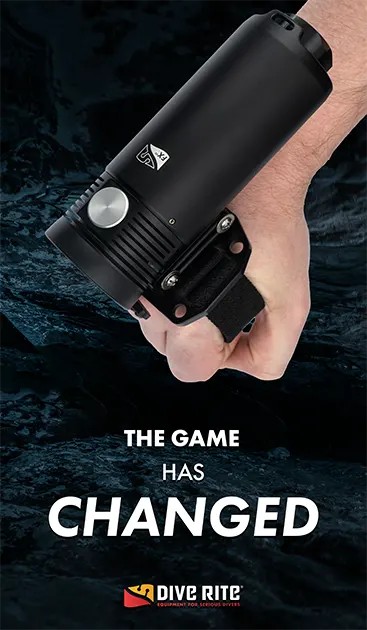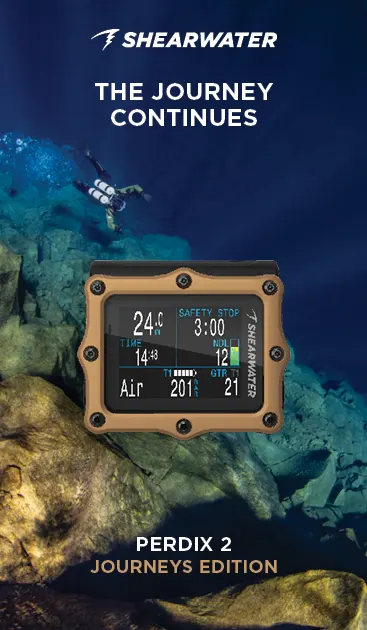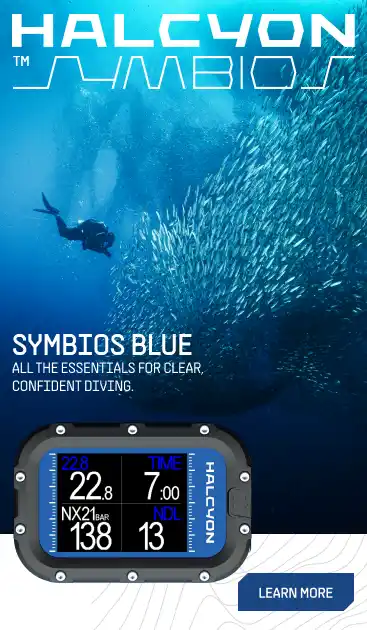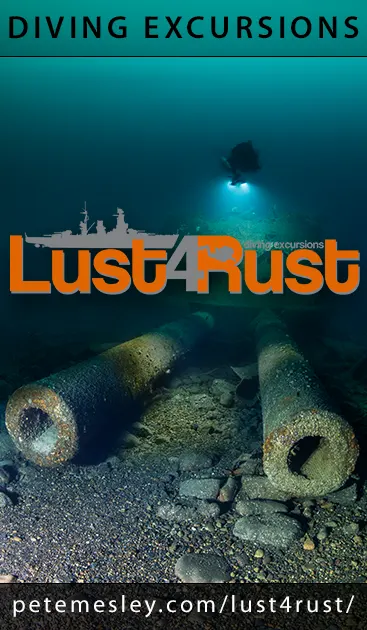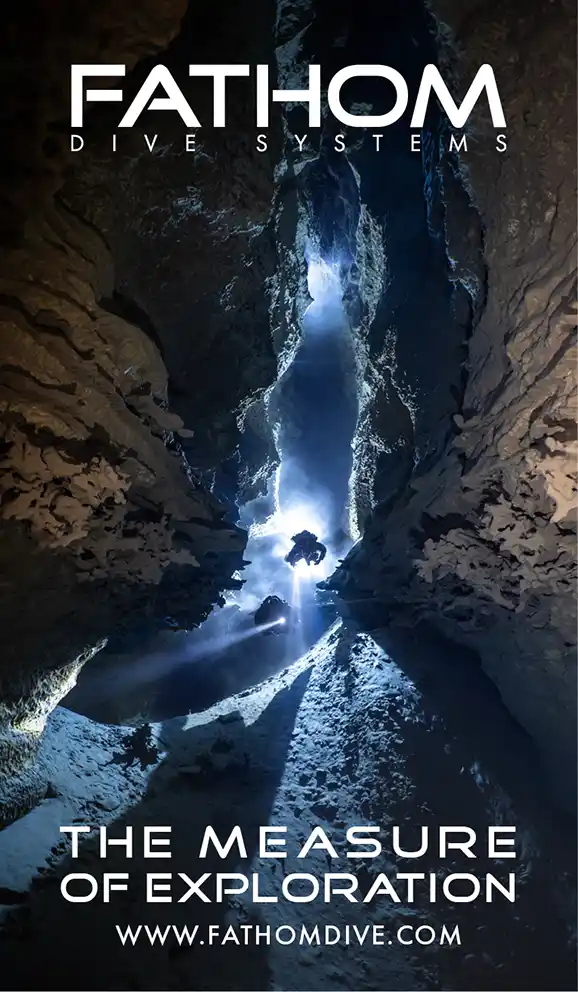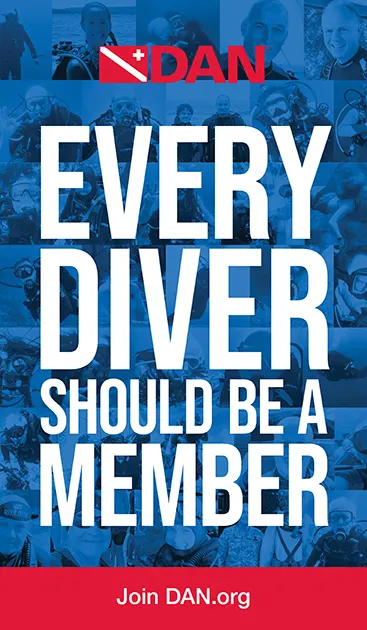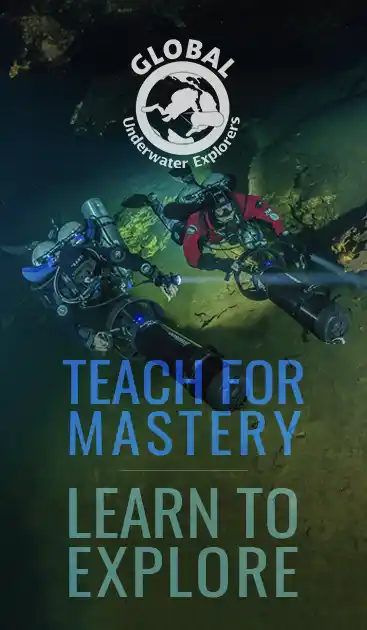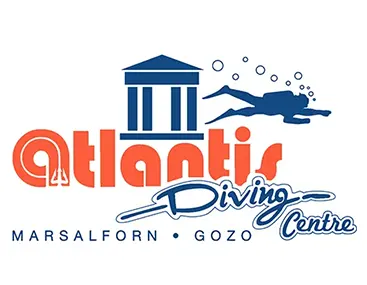Community
The Who’s Who of Sidemount

Thorsten Waelde
Thorsten (Toddy) Waelde is one of the world’s leading cave explorers and the inventor of the “Toddy Style” sidemount system. The owner of Protec Sardinia, and a CCR cave Instructor Trainer, Toddy has been exploring and extending the caves of the Cala Gonone region in Sardinia for the past 20 years most recently with cutting edge exploration projects such as Supramonte Karst Exploration Project.
What is sidemount to you?
My first contact with sidemount it was 1997, when Dive Rite released the Transpac. At the time i didn’t see any real purpose for it mainly because I was doing deep trimix dives while searching for wrecks and deep walls. This all changed in 1999 when I started cave diving in Mexico. One of my first cave dives was already an exploration dive in Mexico right after my formal training. Carrying double cylinders for a couple of hours through the harsh jungle of Mexico made me realize that this was definitely not the right way to do it. I got in contact with Bil Phillips, Curt Bowden, Scott Carnhan and a couple of other people who were living at the time in Mexico, because they were already using sidemount for their exploration projects. I got totally hooked up. I fell totally in love with the system. Over the years I saw the huge advantages that it offered to my own exploration projects and I realized that this was and is the key to many successful exploration pushing. A true game changer for me.
The incredible flexibility, the easy of use in restrictions, the possibility to reach more comfortably remote areas. Later when I designed my own system (TS style) after a lot of trial and error, I realized that this system offers much more than just smart design. It can be used to improve other diving configurations like CCR diving, and much more. Sidemount for me is a very important tool which I use every day in my work as an explorer, a cave & technical instructor and essentially also as a high end dive center owner.
What can be improved with sidemount in general?
I think existing sidemount gear configuration can be improved. The most critical issue in many sidemount systems is the weight system. My focus was on how to set up the weight properly on the system. This is missing and was done in a very poor way on many systems in my opinion. When developing our own system, we focused a lot on weight positioning and rigging techniques. Providing a faster way to set up tanks and keep them in an ideal position is also an area where there is room for improvement.
Finding the right regulator configuration set up took me years of experimentation, particularly in cave diving. I found a way to not criss-cross hoses or inflators anymore. I was able to donate gas in an out of gas (OOG) situation, always using the regulator I was breathing from. That was what was taught during any technical course, so why should it be different when diving sidemount? I found the solution to that, and still use it today. I can say it is the most streamlined regulator set-up of all of the sidemount configurations.

What has sidemount offered to you as an explorer and as a diving center?
For me sidemount diving was/is an important tool in my exploration projects for the last 23 years. During my first cave exploration, as mentioned before, started with double tanks but we were only able to push further into the cave when we changed to sidemount. I managed to pass through areas which was simply impossible to do in backmount. Also, when I lead exploration projects and have 12-15 cave divers to organize in the middle of a jungle, you need to be sure all of them get their cylinders ready. In my experience, sidemount cylinders has been proven to be way easier to organize than double tanks. Of course sidemount is not the best tool for all exploration, for example when diving wrecks or during deep explorations.
What are the negative aspects of sidemount?
For me the most negative aspect is setting up the gear on a boats with a rough sea. It becomes pretty complicated and any backmount system is much faster and easier to handle than sidemount. But having said that, we dive every day from RIB boats and we gain so much experience regarding rigging up sidemount in its non ideal conditions. I always find it easier setting up in the water even in rough conditions, but it needs special skills and a lot of training. Sometimes we grab our tanks and descend straight down to around 5 meters to set up all our gear underwater in order to avoid waves on the surface, but as I mentioned before, this needs a lot of practice, confidence and technique and it’s not easy for beginner sidemount divers.
Another issue for me has always been the right and left valve availability issue. In the past almost no diving center offered cylinders with proper sidemount valve orientation. It is much better now but still, not all dive centers offer them. This was the reason why I developed my system to use standard left side valves, and found a way to configure my regulators in order avoid this dependency problem. It’s also important for a diving center, which does not need to invest in special sidemount oriented valves, to still be able to give a proper sidemount support to the clients without cutting corners.

Has sidemount evolved as it could have done, or has it grown too slowly?
Sidemount grew a lot in the past ten years. But I believe there is still more room for evolution. The basic concept is still the same but there is room for new ideas like using it more in open water diving for example. I think even beginner sport divers could use sidemount if it’s done step by step.
Versatility is also important. My own system offers the advantage that it can be transformed from a sidemount configuration to a back mount one, with just a single tank adapter. I believe that these kind of hybrid systems may be the future in open circuit diving, because divers won’t need to invest constantly in new gear. Think about that, one system that can be used equally well for many kinds of diving: from an open water diver just doing a course using from the start a high standard sidemount or back mount configuration, two cylinders for deeper diving, technical training fundamental courses, going further with cave training, all the way to CCR sidemount, stage & multiple stage and so on. This might all be done with one system that they have used from their first dive. That’s what I have tried to do with my own system, but we move slowly because the sport diving equipment industry is not interested in that. They want divers to buy more, to change their gear from time to time and to invest much money into their gear. It’s just business, but why should it be like that?
Return to: The Who’s Who of Sidemount
DIVE DEEPER
Speaking Sidemount:E024 – Toddy Style Sidemount with Thorsten Waelde


